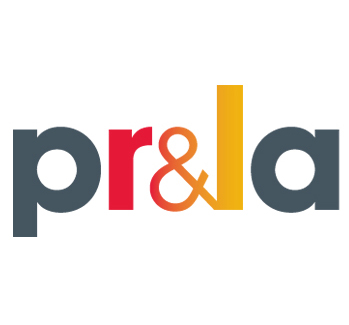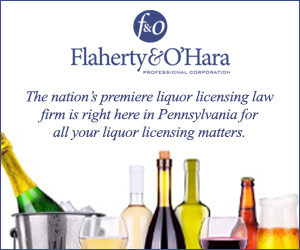State Items
Election year
2018 is a key election year, possibly more than any previous year. All 253 members of the House, 25 members of the Senate, the Governorship, and one U.S. Senate seat are up for grabs this November. The outcome of this election could enhance or completely change PRLA’s legislative priorities. Make sure to read our weekly Legislative Update email for updates and analysis.
State budget in an election year
For the first time in recent history, and because it is an election year, the legislature passed a full budget package before the June 30 deadline.
Tourism line item
Just like last year, an overly inflated tourism line item of $17.839 million hides the fact that only $4.067 million was dedicated to actual statewide tourism promotion.
Goals for the Fall
PRLA has two legislative priorities that very well could reach the Governor’s desk this fall:
- HB 1511 (Quinn—R, Bucks): would close the online travel company loophole and require online travel companies to remit tax on the retail rate of hotel stays.
- HB 1810 (Heffley—R, Carbon): would require online home sharing sites to share their listings with the Department of Revenue to ensure tax compliance and allow the Department to share that information with County Treasurers to allow for tax compliance and enforcement on the local level.
Preemption of food and drink taxes
House Bill (HB) 2241 (Mustio—R, Allegheny) was moved out of committee and continues to be very important, especially with the recent Supreme Court ruling on the Philadelphia beverage tax. The legislation would preempt municipalities from assessing a tax on food, beverage, and food and beverage containers at the local level. The bill, if passed and signed by the Governor, would eliminate Philadelphia’s current beverage tax. PRLA supports the legislation.
Department of Labor salary threshold and duties test changes
The open comment period has ended and now we wait to see what feedback the Department of Labor will take into consideration as they amend their proposal. As a reminder, the proposal by the state Department of Labor would impact Pennsylvania-based businesses and non-profits and would increase the minimum you may pay salaried employees to $47,892/year by 2022. LIke the Obama Administration’s proposal, the state proposal does not take into consideration the impact it would have on a broad array of businesses and their operations in the Commonwealth.
Restaurant license auction
The winning bids from the PLCB’s sixth restaurant license auction have been announced. Nineteen licenses received bids ranging from $25,331 in Bradford County to $351,001 in Bucks County. Six licenses did not receive a bid.
Federal Items
Immigration, bringing back 15-year depreciation, healthcare reform, and drive-by lawsuits continue to be priorities of the association this fall. The chances of Congress tackling any of them decreases with each passing day.
Local Items
Predictive scheduling
Councilwoman Gym introduced predictive scheduling legislation. It is an extremely broad bill that captures the retail units, restaurants, or hotels in Philadelphia that employ more than 250 people worldwide and has more than 20 locations operating under the same name. The proposed legislation contains some of the following provisions:
- Upon hire, employers must provide employees an estimate of hours they will work and what their specific schedule will be week-to-week. If any of that is changed, employees must be compensated for the difference.
- Employers must post schedules at a minimum of two weeks in advance and if the schedule changes, employees must be compensated for that via predictability pay.
- The legislation mandates how many hours an employee must have between shifts.
- If an employee’s employment ends, those hours must be offered to all existing employees at that location and if none of the hours are picked up by existing employees, they must be offered to all employees at any other location before a new employee can be hired.
While the legislation has been introduced, it will not move through the legislative process until Council returns to session in the fall. PRLA is working closely with our allies in and out of the industry to combat this legislation.
Philadelphia—Beverage tax
The state Supreme Court has ruled, 4-2, that the beverage tax in Philadelphia is legal because it is assessed at a different point of the transactional process than the sales tax. This ruling could open the door for any City that has a Home Rule Charter, and therefore local taxing authority, to assess a beverage tax or any other tax for that matter in the future.
Philadelphia—Sodium Warning Label
The City of Philadelphia has passed legislation that would require chain restaurants to put a sodium warning next to any menu item that exceeds 2,300 milligrams of sodium. The Mayor is expected to sign the bill and it will take effect one year after his signature. •









